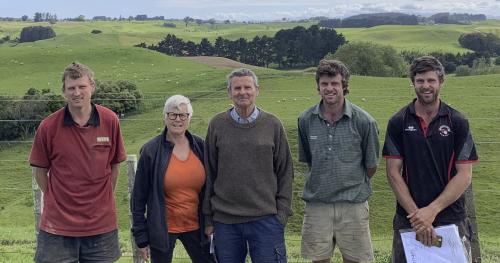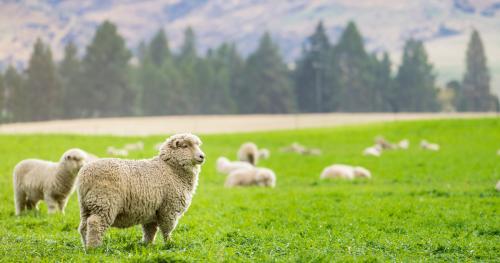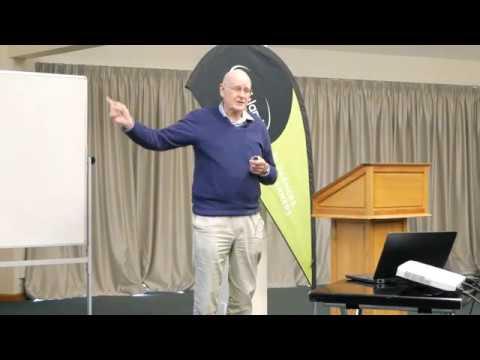Search results
Displaying 201 - 210 results of 1119
- Video… Zealand’s Economic Service, reviews where the sheep and beef sector in NZ has come from, and … Productivity and profitability of the sheep & beef sector, emissions and carbon …
- Video… Avery Field Day – Fraser on farm (Marlborough Sheep & Beef Farmer of the Year) …
- Video… The Marlborough Sheep & Beef Farmer of the Year public field … Avery Field Day – Awards Ceremony (Marlborough Sheep & Beef Farmer of the Year) …
- News… Farm Environment Awards has wrapped up, with sheep and beef farmers winning five of the ten … Sheep and beef farmers well represented in …

- News… Sheep and beef farmers have voted to approve … Sheep and beef farmers approve B+LNZ …

- Factsheet… profitable resilient sustainable farm systems study reported paper focused how three farmers … growth rates pasture quality medium low due poor species low soil fertility steep contour … high clover levels factsheets made possible sheep beef farmer investment industry beef …
- Factsheet… cattle growth rates chicory summary within study young cattle achieved 1kg liveweight … 200ha planting forage crops contains risk poor establishment poor persistence sourcing … february 2012 factsheets made possible sheep beef farmer investment industry beef …
- News… story are underpinned by the 2019 Nemeck and Poore study. This uses global averages for foods and … farms absorbing emissions, that New Zealand’s sheepmeat is arguably climate neutral and New …

- Resource book… contents session 1 getting know excel 1 case study 1 getting started excel 1 session 2 next … know excel case study james jane hunter run sheep beef farm east coast north island 2600 … know excel case study james jane hunter run sheep beef farm east coast north island 2600 …
- External resource… Fertiliser use on New Zealand sheep and beef farms – Fertiliser Association …


